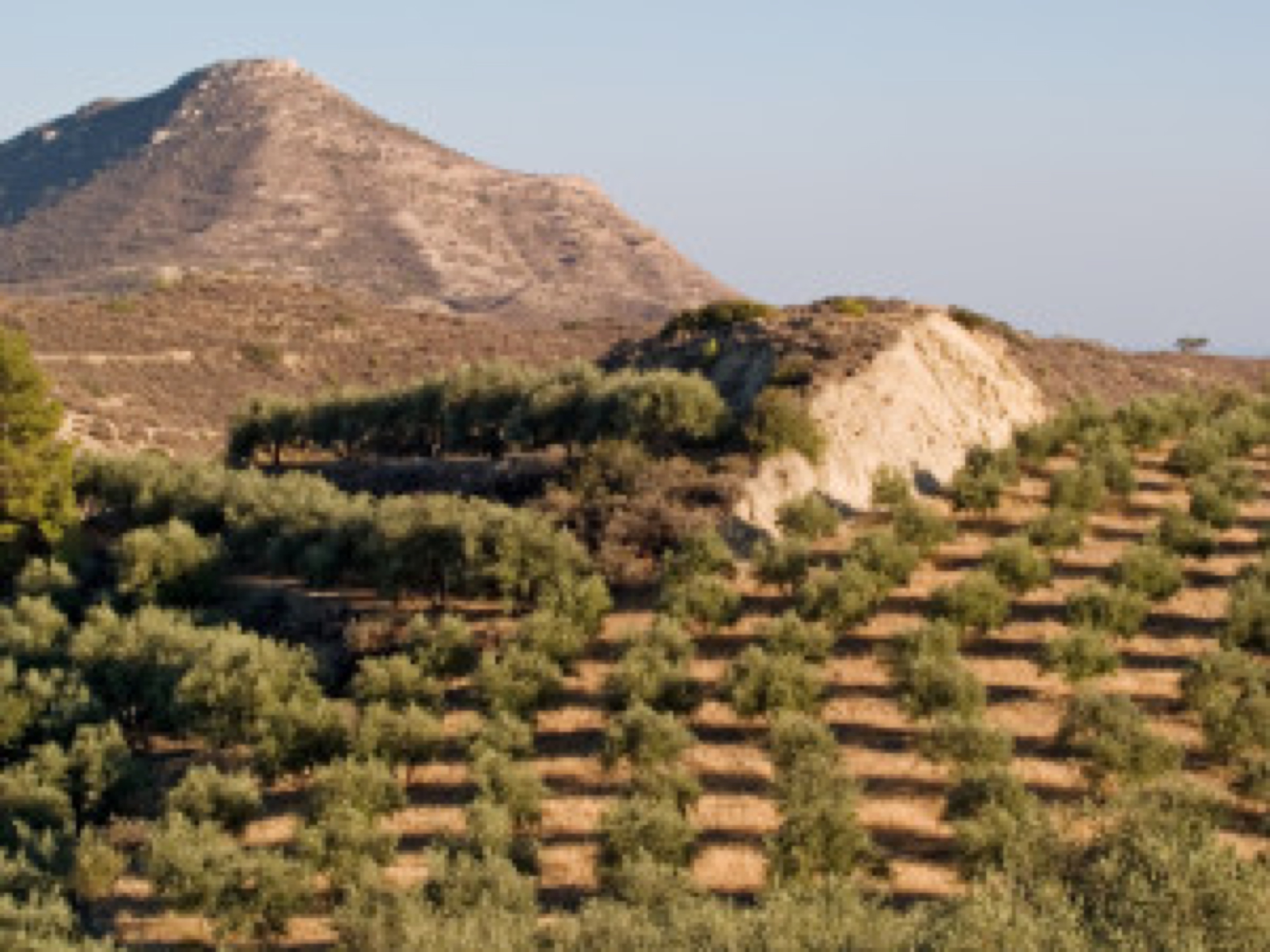The Olive Tree & What Does It Have To Offer?
There is a lovely old story from the Mediterranean that whenever a child was born, an olive tree was planted. The child and the tree grew simultaneously so that as the child developed, the tree would bear fruit, flowers and its bountiful olive products. Families would have generations and generations of olive trees that would represent their family history.
Now that is a genuine family tree!
The olive tree is ancient and one of the only trees that can grow in rocky and infertile land which of course is why it has done so well in the Mediterranean region including the more difficult terrain of Tunisia, Malta and the Lebanon.
I remember going to Tunisia many years ago and being shown olive trees that were at least 2000 years old – as you can imagine they were very bent and gnarled!
The olive tree is used for its fruit, its oil and its leaves and all have health benefits to offer. But it is also known as a sign of peace – offering or accepting an olive branch – and as a symbol of vitality, as in the ancient Olympic Games, when the winner would be given an olive branch.
Let's start with the fruit – the olive
The color of olives depends on the degree of their ripeness, changing their color from yellowish and green to purple and black as they ripen. In Italy for example there are many varieties with the most popular being:
- the black, fleshy and sweet Baresane;
- green, giant Greche olives;
- slightly tart green Siciliane olives;
- more sour purple
- and black di Gaeta olives; and green or black di Cerignola olives.
Used in cuisine across the world, olives are popular for appetizers, sauces and in various salads and main dishes.
Olives are a very healthy food, good to eat and with loads of health benefits
- Lutein that destroys free radicals; protects cells from premature ageing; and strengthens retina and improves eye sight.
- Polyphenols (flavonoids) that prevent the oxidation of lipoproteins (protecting from cholesterol deposits in blood vessels); reduce the risk of heart and blood vessels disorders; and stop cancer cells from growing.
- Beta-carotene (pro-vitamin A) that reduces harmful influences of carcinogens (preventing the risk of many forms of cancer); protects smokers from lung tumors; is essential for robust eye sight (the growth and regeneration of tissue); smooths out wrinkles and rejuvenates the skin; and strengthens teeth and bones.
- Want to stay young and healthy longer? Then 3 to 5 olives added to your regular diet will strengthen the blood vessels and even relieve the symptoms of hemorrhoids while helping to keep your skin wrinkle-free!
Then there is olive oil
Along with spinach, tomatoes, nuts and garlic, olive oil is one of the 5 foods you should include in your diet at least once a week. Well known for being rich in antioxidants, olive oil has been proven time and time again to reduce the risk for many serious diseases. Extra virgin olive oil contains a high level of vitamin E and phenols. All 3 of these health benefits are recommended for optimum heart health while the oleic acid helps prevent colon cancer. For those who worry about cholesterol, choosing olive oil over other oils lowers the bad cholesterol while raising the good. In fact the less processed the olive oil is, the better for you.
And finally we have the olive tree leaf
Publishing in the journal Phytomedicine, researchers have found that a natural extract from the olive leaf plant can effectively lower blood pressure without those often detrimental side effects of pharmaceuticals.
In a report in Natural News, “Researchers found that olive leaf extract taken at a dose of 500 mg twice per day naturally lowered blood pressure in Stage 1 hypertensive patients better than prescription ACE-inhibitor drugs. The study authors noted that extracts from leaves of the olive tree "have been used since ancient times to combat high blood pressure, atherosclerosis and diabetes and for other medicinal purposes."” You can read more about this study.
Reap all the benefits of the olive tree and its pure and natural products
- Using olives at every opportunity in your culinary dishes.
- Substituting olive oil as a salad dressing.
- Using olive oil instead of other oil when you want fry something.
- Adding a teaspoon or two to your cup of tea or coffee every morning.
- Making your skin soft and smooth by adding a few teaspoons to your bath water.
- Using olive oil to oil your pan when you sauté your organic vegetables.
No need to take an olive oil supplement when it is so easy to have the genuine article.
Sources
Does an olive allergy mean I have to avoid olive oil? (n.d.).
acaai.org/resources/connect/ask-allergist/does-olive-allergy-mean-i-have-avoid-olive-oil
Esteve C, et al. (2012). Analysis of olive allergens. DOI:
10.1016/j.talanta.2012.01.016
Food allergies: Reducing the risks. (2017).
fda.gov/ForConsumers/ConsumerUpdates/ucm089307.htm
Food allergy: Causes. (2016).
https://www.nhs.uk/conditions/food-allergy/causes/
ncbi.nlm.nih.gov/pubmed/20128426



